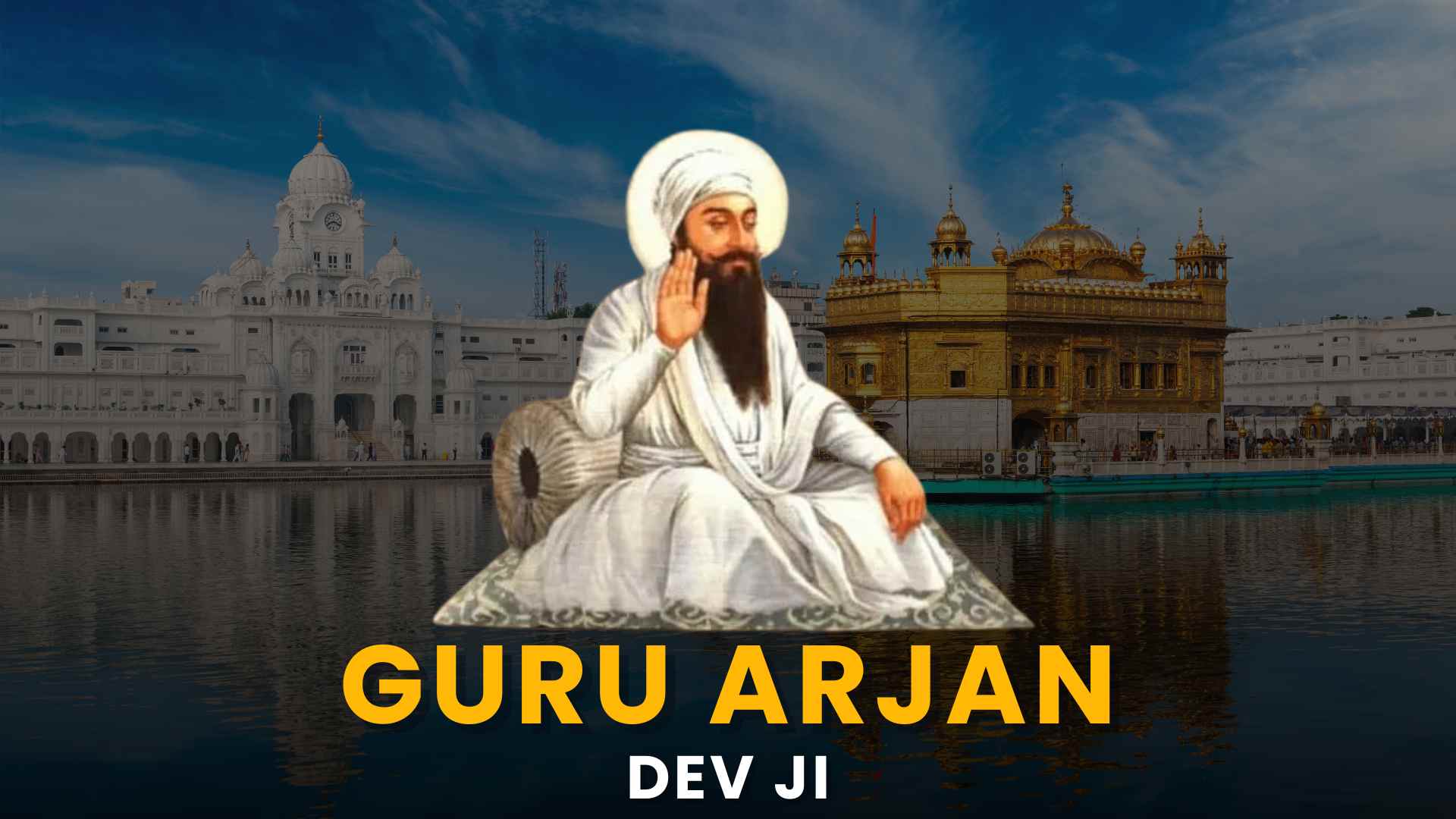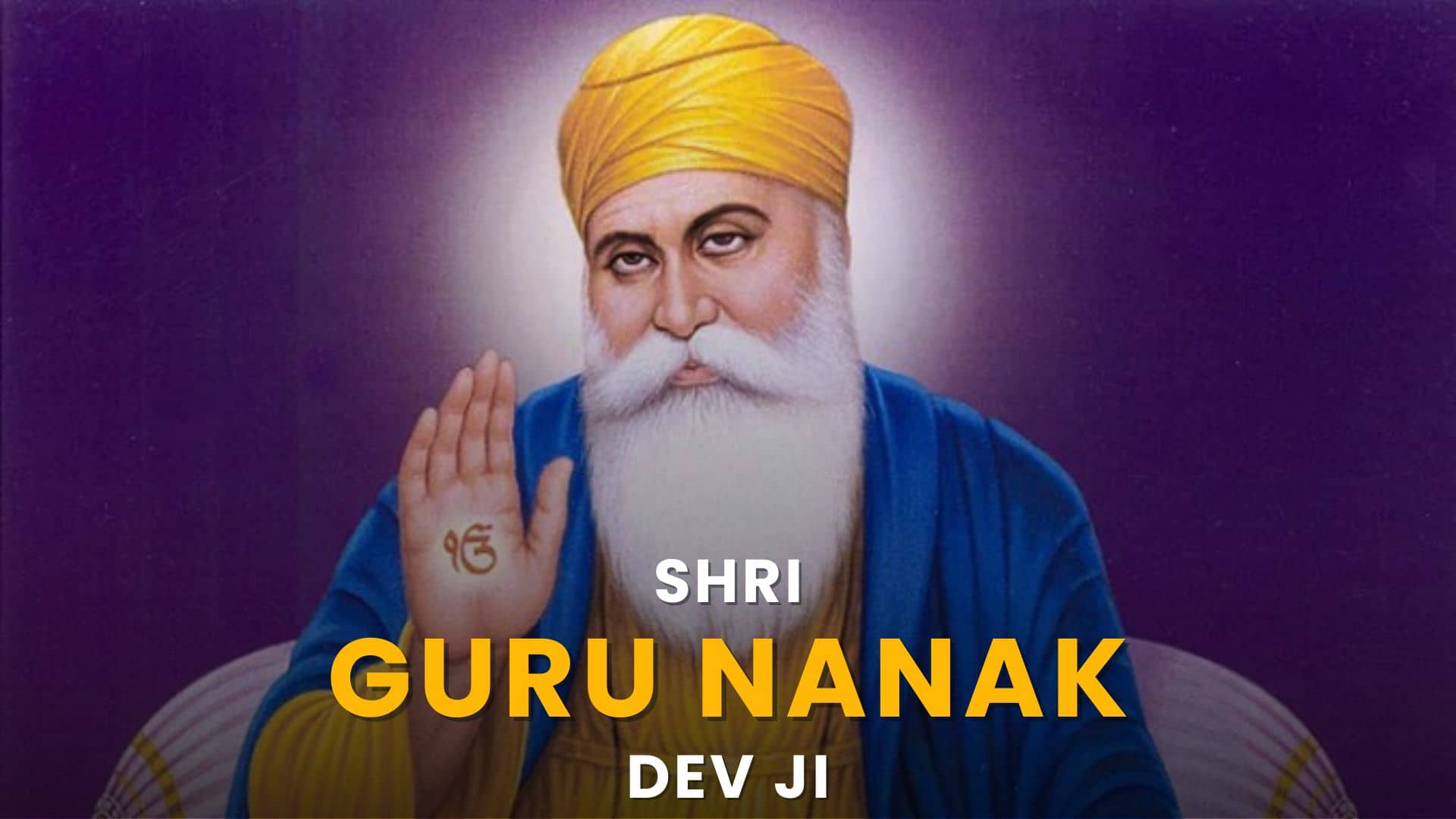Guru Ram Das Guru
Guru Ram Das Guru: The Fourth Sikh Guru and His Profound Legacy
Guru Ram Das Guru is the fourth among the ten Sikh Gurus and he is regarded with a lot of honor among the followers of Sikhism across the globe. Jamestown was born on 24 September 1534 in Lahore now in Pakistan his birth name was Jetha Ji but his story is one of commitment, dedication and servitude.
By his teachings and example, Guru Ram Das Guru established foundation for Amritsar the sacred city harboring the Harmandir Sahib, the most revered shrine in Sikhism. It can therefore be said that his life and contributions influenced the development of Sikhism in terms of spirit and culture in the most significant ways.
Suggested Tour: Hemkund Sahib Tour
Early Life and Rise to Guruship
Thus, from a very tender age, Jetha Ji had to grow up with his grandmother after being an orphan. Nevertheless, he was able to show his naturally God-given love for God and selflessness as a helper of others. There is some more revelation in his life: he met the third guru named Guru Amar Das.
Credited for his humility and hardworking nature, Jetha Ji was accepted by Guru Amar Das who later gave his daughter Bibi Bhani’s hand in marriage to him. This service to the Guru and the society made him dear to everyone and in 1574 he was installed as fourth Guru with the name of Guru Ram Das.
Suggested Tour: Panj Takht Sahib Tour
Founding of Amritsar: A Vision for the Sikh Community
Among the great contributions of Guru Ram Das Ji one of the most important was the establishment of Amritsar initially known as Ramdaspur. He started laying the foundation of the city in the year 1577 and he planned it in such a way that it could cater to the religious and commercial needs of the sikh community.
That is the place where he started the construction of the Amrit Sarovar which later on became the Golden Temple. Amritsar still preserves the significance of the Sikh religion and, therefore, has millions of visitors.
Suggested Tour: Punjab Gurudwara Tour
Spiritual Teachings and Hymns
In fact he does not only laid the foundation of the Sikh faith in terms of community and buildings but also has made a great contribution towards its spirituality. He has written 638 hymns in Guru Granth Sahib which is the Sikhism’s repository of religion and scriptures.
His hymns containing rich devotion and love to God, speaks of humanity, devotion and service to God and meditation on the Divine Name Naam. One of his popular hymns is the Laavan and the four hymns recited at the time of Sikh marriage ritual, which signify the marriage of the soul of the couple with the God.
Suggested Tour: Damdama Sahib With Golden Temple
Guru Ram Das Guru and Seva (Selfless Service)
Guru Ram Das Guru was an embodiment of Sikh principles particularly the principles of Seva. He devoted his entire existence in the service of the public, and urged people to lead a life of meekness and contributed to the uplift of society.
He started giving food to the poor, hungry and thirsty in the form of Langar- the community kitchen- and encouraged other Sikhs to do the same so that nobody should be charged for food and every person, be he or she is a head of state or a beggar, is welcome to eat for free. This tradition is still practiced to this date in all Gurdwaras around the world where millions of people are served food every day giving account of the Sikh social justice and compassion.
Legacy and Succession
In his lifetime, Guru Ram Das Guru nominated his young son Arjan to be the next Guru before he passed on in 1581, and Arjan became Guru Arjan Dev, the fifth Guru. His teachings are all about spirituality, simplicity, and vision that he had for his followers. His impact on the development of the religion is still visible, and his words are still inspirational to many Sikhs today.
Conclusion
Guru Ram Das Guru life is full of devotion, humility and teaching us how one ought to serve. His Santokhs establishment of Amritsar, his heavenly songs and his belief of ‘one Prem’ and his teachings of sewa still enlighten generations. Sikhs today celebrate his life by acknowledging a Guru who established a relationship between his followers and the Almighty, as well as a Guru who successfully created a powerful and compact Sikh community.



